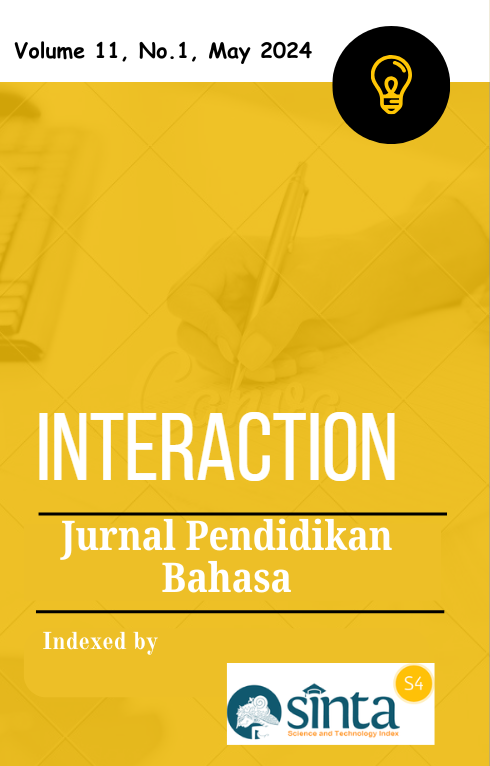The Use of Kahoot Game to Improve Students’ Vocabulary Comprehension
Abstract
This study aimed to assess the efficacy of a game called Kahoot to enhance the student's understanding of vocabulary. This study employed quantitative methods, which involved conducting a pre-experimental method and using a one-group pre-test and post-test design. The research sample comprised 30 eighth-grade students from SMP Gajah Mada Medan. Researchers employed pre-test and post-test instruments based on themes mentioned in Things Around Us. According to the research findings, the Kahoot Game can help students improve their vocabulary. The students' average pre-test score demonstrates this was 61.07. After receiving treatment using the Kahoot game, the score increased on the post-test. Students achieved an average score of 75.33. If we look at the descriptive data, there has been quite a significant increase. The researcher assessed each student's understanding of terminology both before and following the administration of treatment. The t-test formula is utilized to evaluate student's proficiency in language comprehension. The research findings indicate that the statistical computation of the value level of significance is 0.000 lower than sig.0.05 (based on a significance level of 5%). This value indicates a considerable difference between the student's pretest and post-test scores. The results showed that eighth graders at Gajah Mada Middle School could use the Kahoot website to enhance their vocabulary comprehension.




.png)



22.png)
